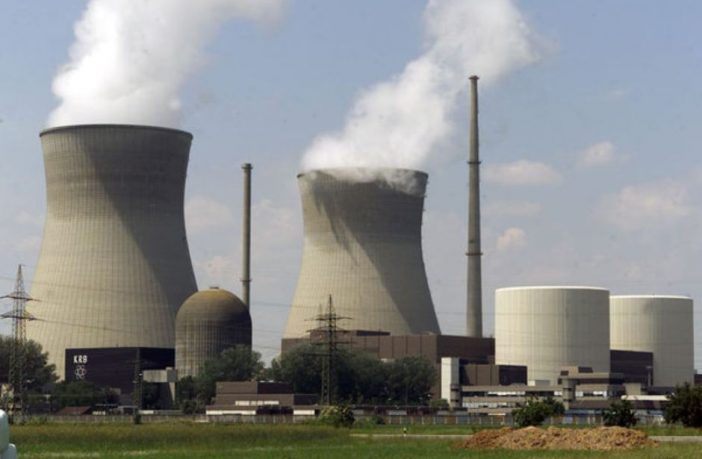- Nuclear energy will cost the fiscus more, produce fewer jobs and take longer to meet South Africa’s energy needs than other energy options.
- This was the clear message of the University of Cape Town’s (UCT) Energy Systems Research Group (ESRG) in their submission to the National Energy Regulator of South Africa (NERSA) earlier this month.
- The group submitted their research as part of a public participation process that gave stakeholders an opportunity to comment on the proposed procurement of 2 500 MW of new nuclear capacity by Eskom.
The ESRG submission used previous studies and new modelling to show that new nuclear power is not required to meet future demand – even if the economy experiences robust growth over the next two decades.
“The best current information and our own modelling shows that building new nuclear capacity would increase both costs and system risk when compared [with]other options,” said ESRG senior researcher, Bryce McCall.
Related news: leak from steam generator shuts down nuclear unit in South Africa
The authors noted that there is extensive research to show that nuclear power generation is outdated and unsuitable in a modern electricity system, and that arguments made about the need for baseload energy from nuclear and coal are no longer relevant.
“Nuclear power generation is … not necessary in modern-day electricity systems that are based on multiple flexible generation and storage options.”
“Nuclear technology is not price-competitive with alternative storage and generation technologies now or in the future, and our modelling reflects that. Nuclear power generation is also not necessary in modern-day electricity systems that are based on multiple flexible generation and storage options,” said McCall.
Recommendations
In their comments the UCT researchers recommend that instead of preparing to build new nuclear capacity from 2030, Eskom should adopt a more flexible and modular approach to electricity generation. This would reduce the risk associated with technological disruption and the misallocation of capital. Taking a more flexible approach to system expansion would not only reduce risk but also reduce the cost of electricity by allowing the energy system to respond faster and more efficiently to unexpected technological advances.
“We do not agree with the nuclear determination … and advise NERSA and the government to delay procurement of new nuclear power generation.”
“It is essential that South Africa secures a reliable electricity supply as quickly as possible and at the lowest cost if we are to unlock the country’s true industrial potential. This is unfeasible with a nuclear build that will take decades to come onstream and is guaranteed to experience severe cost overruns at magnitudes greater than we have seen with other capital-intensive megaprojects, such as Medupi and Kusile,” the authors said.
Of additional concern is the fact that new nuclear capacity is not included in the country’s Integrated Resource Plan 2019, and the proposed procurement of new nuclear generation is irrational and inconsistent with current energy planning.
“We conclude that we do not agree with the nuclear determination as provided by the minister and advise NERSA and the government to delay procurement of new nuclear power generation until after 2030.”
Author: Bryan Groenendaal











